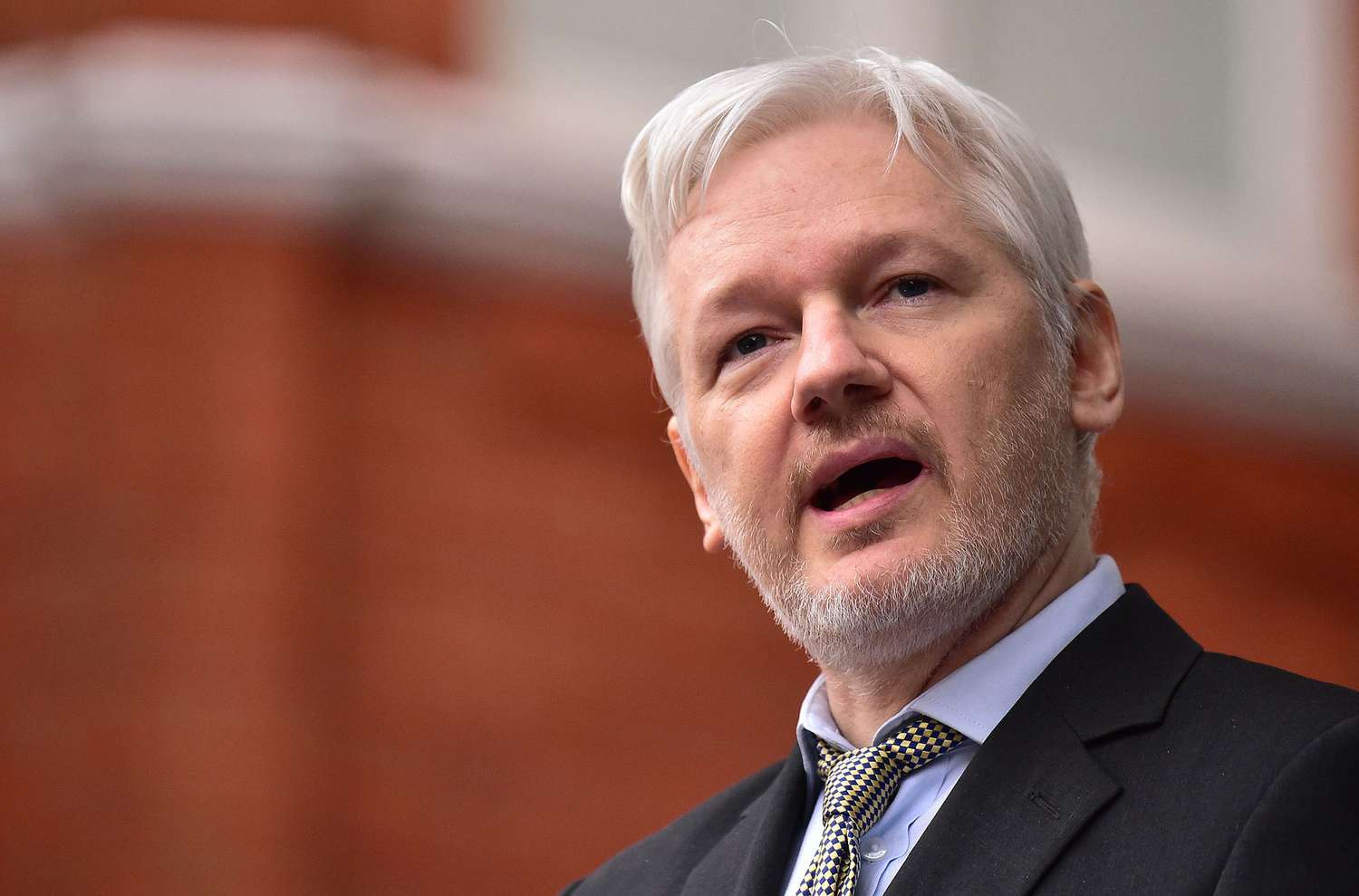Julian Assange and King Charles are two very influential figures in the UK, but do they own crypto?
Julian Assange is a name synonymous with the modern era of information and transparency. Born in Townsville, Australia, in 1971, Assange is best known for founding WikiLeaks, a platform dedicated to publishing classified and confidential information, often revealing government and corporate misconduct. Assange’s mission was rooted in the belief that a more transparent world would lead to a more just and accountable one.
WikiLeaks gained international prominence in 2010 when it released a trove of classified U.S. government documents, provided by whistleblower Chelsea Manning. These documents, which included diplomatic cables and military reports, shed light on covert operations, human rights abuses, and political maneuvering. While some hailed Assange as a champion of transparency and free speech, others condemned him as a threat to national security.
Assange’s legal troubles escalated when he sought asylum in the Embassy of Ecuador in London in 2012 to avoid extradition to Sweden, where he faced sexual assault allegations. Over the years, his situation became increasingly complicated, as he remained confined to the embassy for seven years, before finally being arrested in April 2019.
The legal battle surrounding Assange’s extradition to the United States intensified concerns over press freedom and the treatment of whistleblowers. Supporters argued that Assange should be protected as a journalist, while critics contended that he should face charges related to hacking and endangering national security. His case also raised questions about the reach of U.S. jurisdiction and its implications for freedom of the press.
King Charles I: The Stuart Monarch in Turbulent Times
In stark contrast to Julian Assange’s contemporary impact, King Charles I lived in the 17th century, during a period of profound political upheaval in England. Born in 1600, Charles ascended to the English throne in 1625, becoming the second Stuart monarch. His reign was marked by a series of contentious issues, including conflicts with Parliament over taxation and religious matters.
One of the most defining moments of Charles’s reign was his decision to dissolve Parliament in 1629, ruling without it for the next eleven years—a period known as the Personal Rule. This action exacerbated tensions between the monarchy and Parliament, leading to widespread discontent among his subjects.
The situation escalated into the English Civil War, a conflict that lasted from 1642 to 1651. Charles I faced off against the forces of Parliament, led by figures like Oliver Cromwell. The war was a brutal and divisive struggle that ultimately culminated in the execution of King Charles I in 1649, marking the first time a reigning English monarch was put to death by a legally constituted court.
Charles’s execution was a watershed moment in English history, symbolizing the shift from absolute monarchy to parliamentary sovereignty. His trial and execution laid the groundwork for the establishment of the Commonwealth of England under Cromwell and, later, the restoration of the monarchy in 1660 under Charles II.
Legacy and Controversy
The lives of Julian Assange and King Charles I are separated by centuries and encompass vastly different historical contexts, but they share some common themes. Both individuals challenged established systems of power and authority, leading to controversy and enduring debate.
Julian Assange’s legacy is still unfolding, with many viewing him as a champion of transparency and free speech. His actions have sparked critical discussions about the role of whistleblowers in modern society, the limits of government secrecy, and the protection of press freedom. Regardless of one’s opinion on Assange, his case serves as a testament to the complexities of balancing national security concerns with the public’s right to know.
King Charles I, on the other hand, left a lasting imprint on English history. His reign and the subsequent English Civil War reshaped the political landscape of England and contributed to the evolution of constitutional monarchy. Charles’s stubbornness and resistance to the will of Parliament played a pivotal role in this transformation, and his execution marked a momentous shift in the balance of power.
Conclusion
Julian Assange and King Charles I are two figures who have shaped the course of history in their respective eras, sparking intense debates and controversies that continue to reverberate. While Assange’s commitment to transparency and free speech in the digital age has redefined the boundaries of journalism, King Charles I’s tumultuous reign and ultimate execution laid the groundwork for modern constitutional monarchy in England.
These two individuals, separated by centuries, remind us of the enduring power of individuals to challenge established norms and institutions, sometimes at great personal cost. Their stories serve as a testament to the ever-evolving nature of politics, power, and the pursuit of justice in our world.

